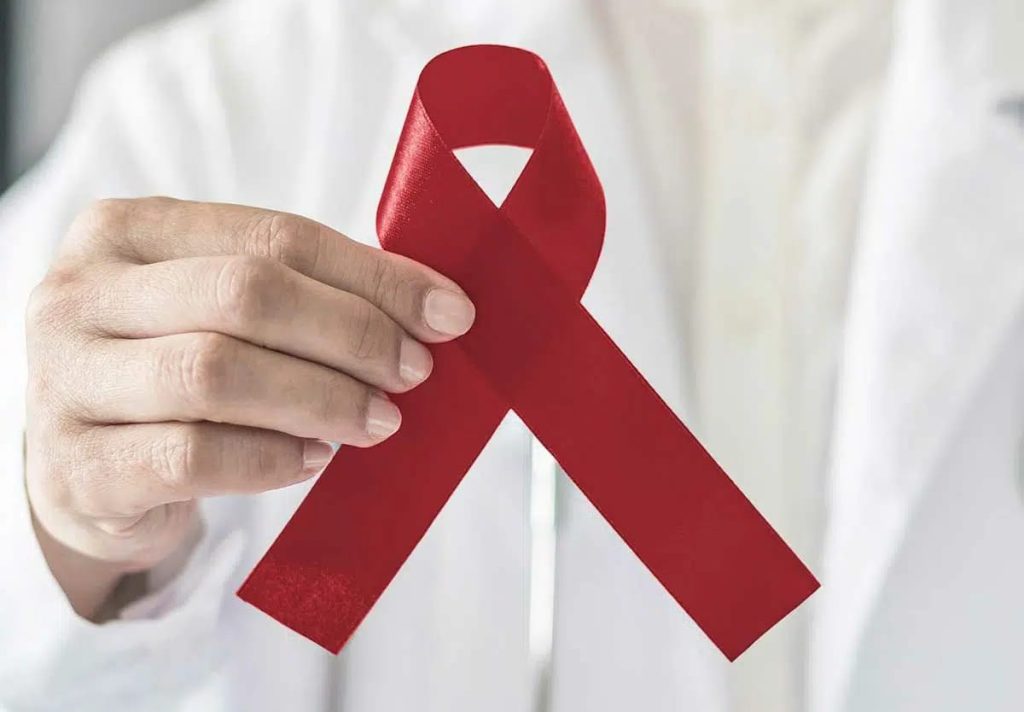Key Takeaway
Timeline
Day Activities
-
Morning Workshops: Kick off World Antiphospholipid Antibody Syndrome Day with enlightening workshops. These sessions are designed to demystify APS for both newly diagnosed patients and veterans in the journey. Expect interactive discussions, real-life stories, and tips on managing symptoms from leading healthcare professionals.
-
Afternoon Advocacy March: As the sun climbs higher, so does our spirit of advocacy. Participants gather for a solidarity march through the heart of the city, brandishing banners and flyers. This powerful visual statement aims to capture public attention, spreading the word about APS and the need for more research and better treatments.
-
Evening Candlelight Vigil: As dusk falls, a candlelight vigil brings the community together in remembrance and hope. This poignant event honors those who've battled APS, with families sharing stories of resilience and loss. It's a time for reflection, connection, and renewing our collective commitment to fighting this challenging condition.
Why We Love This Day
- Raising awareness about a lesser-known condition
- Honoring the journey of those affected
- Supporting medical advancements and research
Raising awareness about Antiphospholipid Antibody Syndrome (APS) is crucial because, let's face it, not everyone's heard of it. June 9 shines a spotlight on this condition, helping folks understand that behind those big medical terms are real challenges folks face daily. It's all about getting the word out there, so more people know about APS, leading to earlier diagnoses and better care.
Honoring the journey of individuals living with APS is what June 9 is all about. Imagine dealing with a condition that's as hard to pronounce as it is to live with. This day is a shout-out to their resilience and strength, showing them they're not alone. It's a chance for communities to come together, share stories, and offer support, making sure no one's journey goes unnoticed.
Supporting medical advancements and research on June 9 is key to unlocking the mysteries of APS. Every bit of awareness can lead to more funding, more studies, and, fingers crossed, breakthroughs that could change lives. It's not just about understanding APS better but also about finding more effective treatments and, who knows, maybe even a cure down the line. This day reminds us that progress is on the horizon, and with a little push, we can get there.
Past & Future Dates
| Month | Day | Year |
|---|---|---|
| JUNE | 9 | 2022 |
| JUNE | 9 | 2023 |
| JUNE | 9 | 2024 |
| JUNE | 9 | 2025 |
| JUNE | 9 | 2026 |
| JUNE | 9 | 2027 |
| JUNE | 9 | 2028 |
FAQ
What is the life expectancy of someone with antiphospholipid antibodies?
Folks with APS often lead normal, active lives, given they receive timely and effective treatment. CAPS, a severe form of the syndrome, occurs in less than 1% of patients. This condition is known for causing widespread blood clots that can severely damage organs.
When is the antiphospholipid antibody syndrome month?
June shines as Antiphospholipid Syndrome Awareness Month, a time dedicated to increasing awareness and understanding of APS.
How rare is antiphospholipid antibody syndrome?
Antiphospholipid syndrome shows up in about 1 out of every 2,000 people, marking it as somewhat uncommon. Notably, it's linked to up to 1% of all cases of thrombosis and is thought to be a cause in 20% of strokes in individuals under 50.
Can you get disability for antiphospholipid syndrome?
Yes, the Social Security Administration considers APS for disability benefits based on the symptoms you're experiencing. Whether through the SSA Listing of Impairments, the SSA Grid Rules, or a combination of impairments, there are pathways to qualify for disability if APS significantly impacts your life.
